Home > Overcoming Adversity to Teach Future Generations
Overcoming Adversity to Teach Future Generations
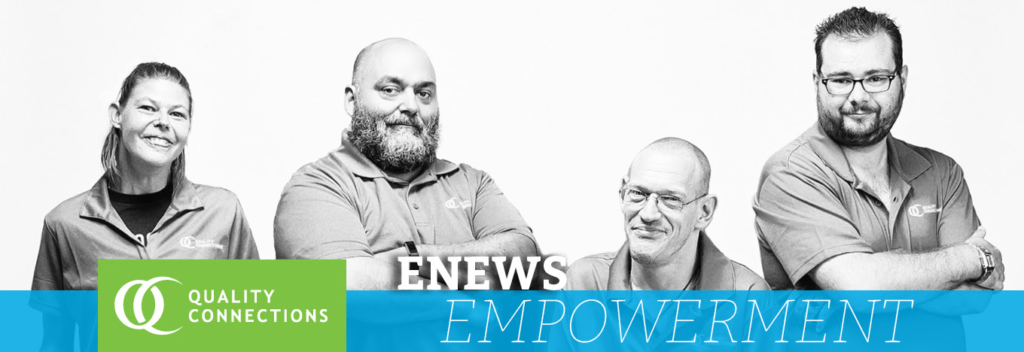
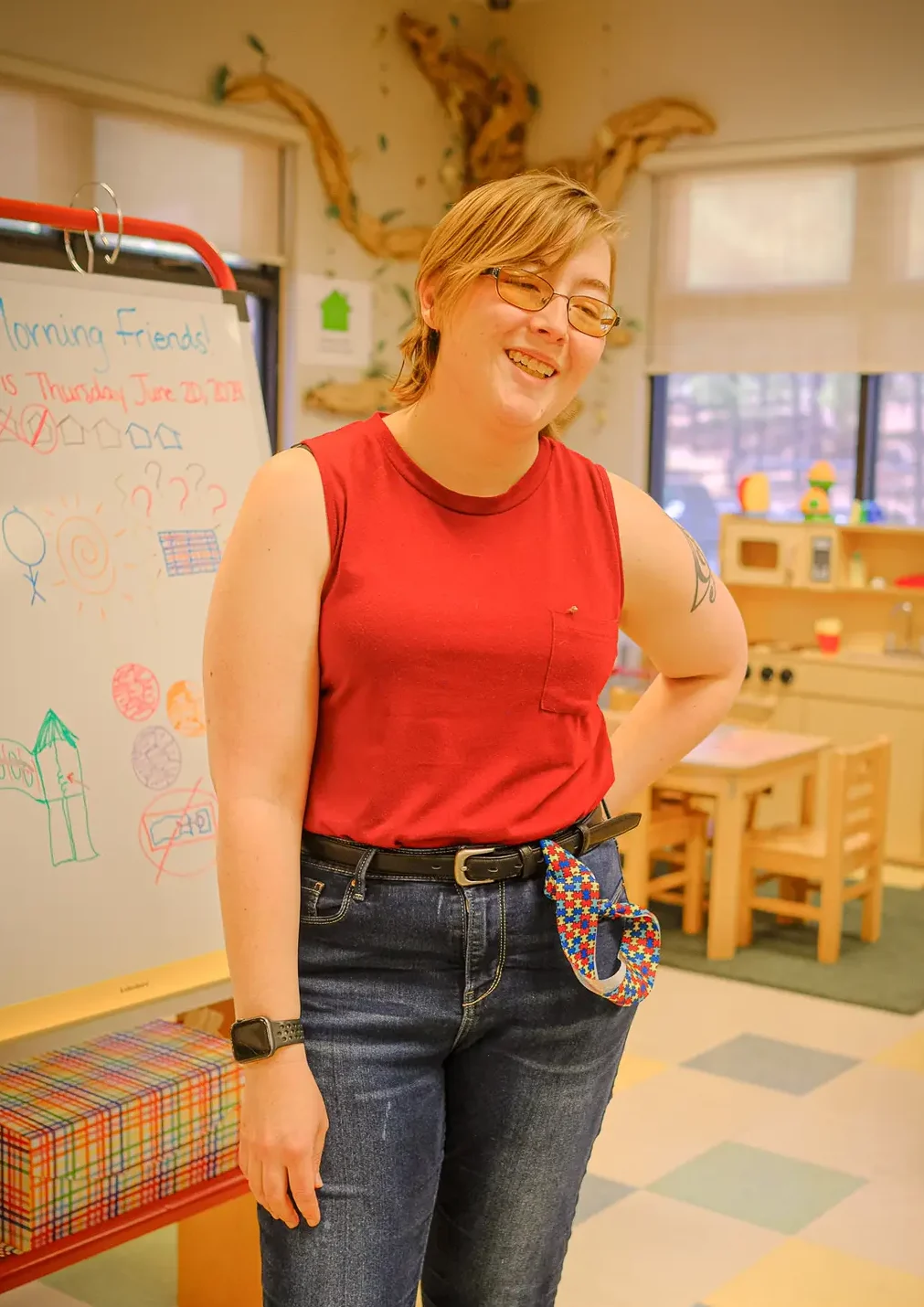
Susan Decker didn’t go to college planning to be an early childhood educator.
The Flagstaff native was in her first year at Coconino Community College, working on her general education requirements, when she started looking for a job to save up for the following semester’s tuition.
“There was a preschool that needed an assistant, someone to handle bathroom breaks and hug babies, and at 18, I could totally do that,” she laughs.
It was just supposed to be a way to save up for her education, but Susan quickly grew to love the kids and the preschool. She decided to pursue a career in early education and for about 18 months she balanced working full-time and attending school.
A Life-Changing Diagnosis
Then one morning about nine years ago, Susan woke up unable to see.
She was diagnosed with fibrous dysplasia, an abnormal bone growth, which in her case wrapped around her optic nerves and carotid artery. The condition initially caused Susan to lose 100% of her sight. While surgery restored about 30% of her vision, she was considered legally blind.
Beyond the life-altering stress of having your world changed so dramatically overnight was the fear that her disability might derail a career in a profession she was so passionate about.
She’d encountered barriers before. A Type-1 diabetic since the age of 4, Susan had coped with employers who were frustrated that she might need a 15-minute break to take an insulin shot to counteract high blood sugar or food for low blood sugar. Even in her preschool experience, teachers let her know they were concerned about her being on field trips due to her condition.
Lack of sight seems to be an even more formidable challenge. “I had one preschool director tell me, ‘You’re blind; no one is ever going to trust you with your kids,’” she said.
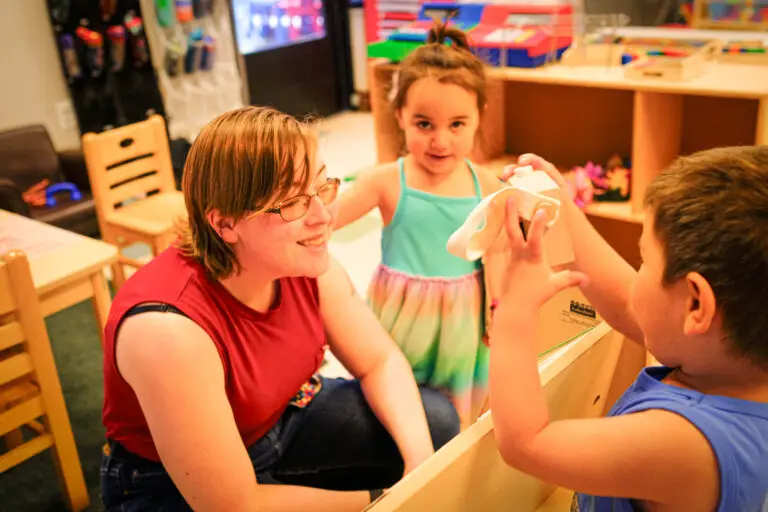
Earning Her Degree
Susan didn’t let that stop her from pursuing her goals. She adjusted her day-to-day routines to her more limited sight. She married her high-school sweetheart, Samuel, and continued to work at her preschool. She put off her education for a few years but ultimately applied to Northern Arizona University and earned her degree and teaching certificate.
While in school, she performed her student teaching at Killip Elementary School, where the teachers she worked with were not bothered by her visual impairment or helped her work around it. However, she didn’t get to enjoy teaching in-person for long – just a few weeks after she had started, the pandemic shut schools down.
After graduating, Susan worked for one preschool and was then invited to return to the facility where she had started when she was 18—this time as a director of the program—but she and management didn’t see eye to eye.
Finding A Place That Felt Like Home
Around that time, she learned there was a floater teaching position at Evergreen Academy Preschool. Susan was unaware of the connection between Evergreen and its parent organization, Quality Connections.
“When she interviewed with me, we immediately hit it off,” said Kelly Arnold, Director of Evergreen. “I didn’t even notice that she had any visual impairments. When she told me she expected me to have questions regarding the safety of the children, however, I told her about our company and how we were a training program for people with disabilities.”
Susan said it was the first time she ever cried during a job interview.
“It was so nice to find somewhere that felt like home,” she said. “It felt like everything that I had gone through was so I could be here.”
She’s been at Evergreen for about a year. She is a lead teacher for 3-, 4-, and 5-year-olds, focusing on ensuring that her charges are ready for kindergarten.
“It’s a lot of cognitive skills training, gross motor skills, hygiene, and social-emotional learning,” she said. “Evergreen has a very welcoming feel for both the staff and the kiddos. You can see the kids are excited to be here. They seem as passionate about coming to school as the adults are.”
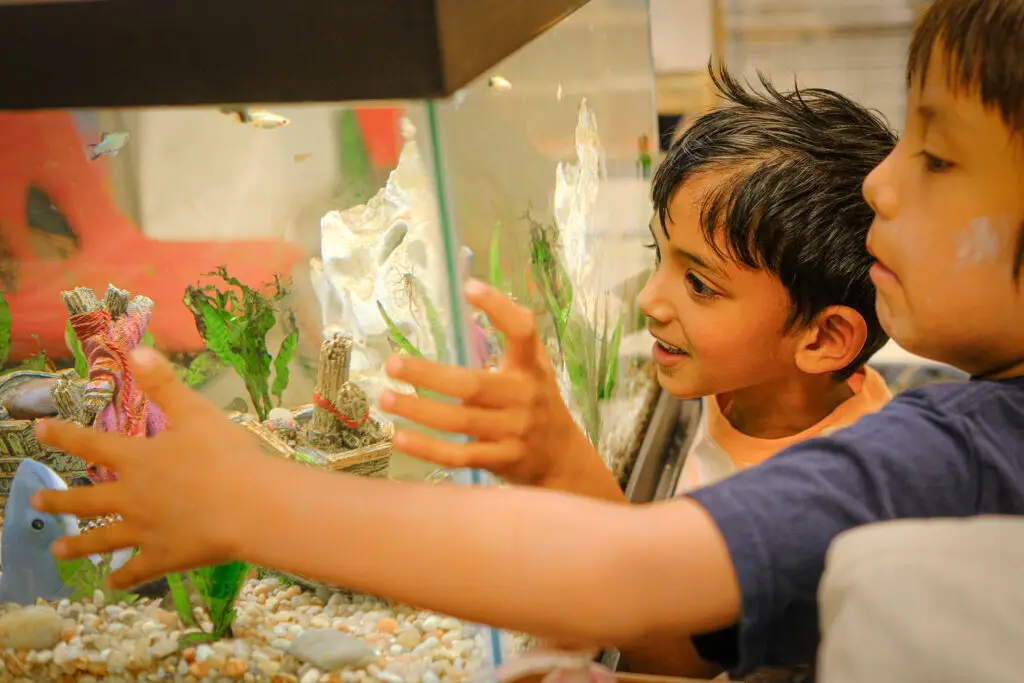
Evergreen’s commitment to helping individuals with disabilities work in the childcare field has been encouraging, she said.
“It’s amazing to see adults without disabilities working with adults with disabilities like there’s no difference,” she added.
Kelly notes that Susan has several systems in place that keep the safety and security of her students paramount. She adapts where needed – such as employing a call-and-response technique for taking attendance – and collaborates with other teachers when needed to ensure a safe environment.
Her students understand her limited vision and her diabetes, so much so that they’ll ask her if it’s time for her to take her insulin shot or warn her if there’s a stray toy in her path.
Susan’s journey is a powerful reminder of the role that resilience and passion play in overcoming obstacles and that, with a few accommodations, individuals with disabilities can not only work, but lead and be a tremendous asset to their workplaces.
“Susan has been a phenomenal employee and an even more phenomenal teacher,” Kelly said. “Her students and all the staff love her. We seriously couldn’t do it without her.”
What Are Your Plans for the 4th?
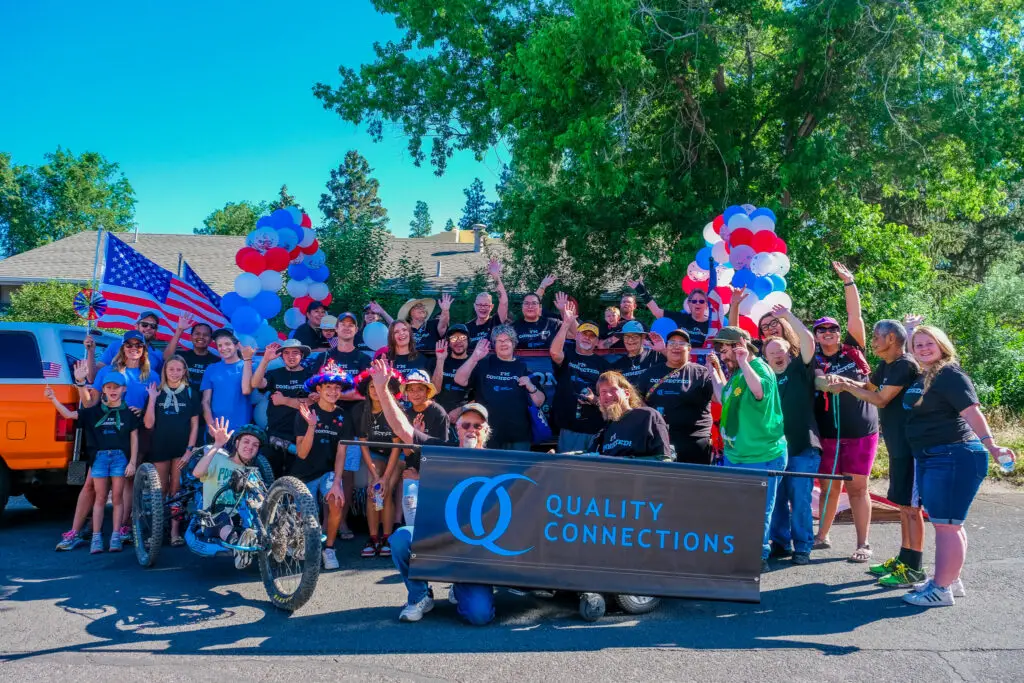

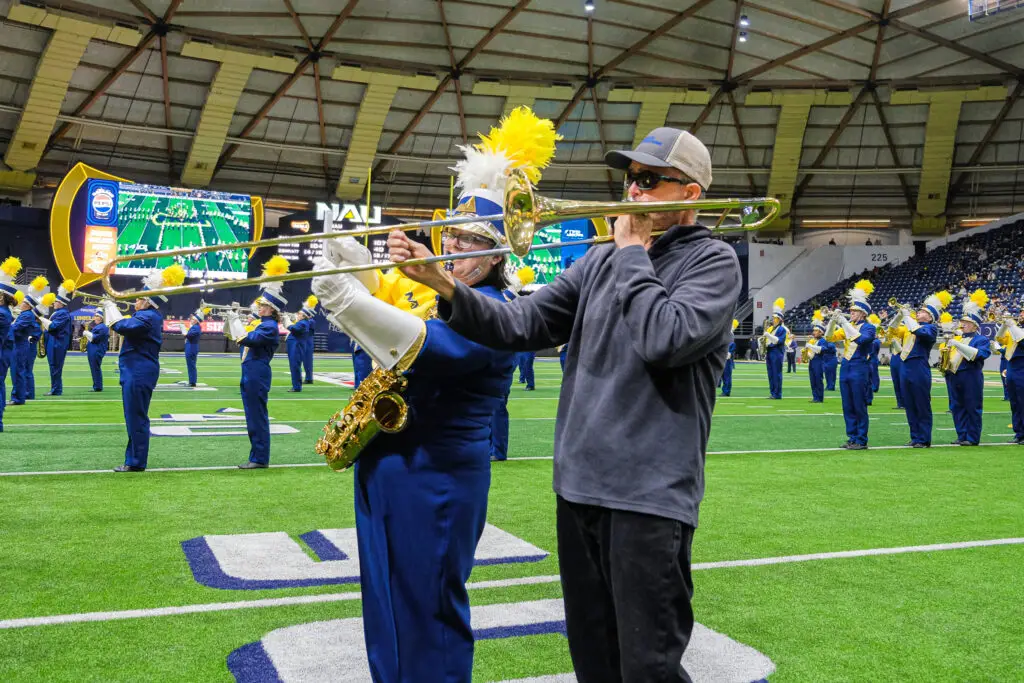
My family will be going to the parade in the morning, then heading to Oak Creek Canyon to picnic and play in the creek!